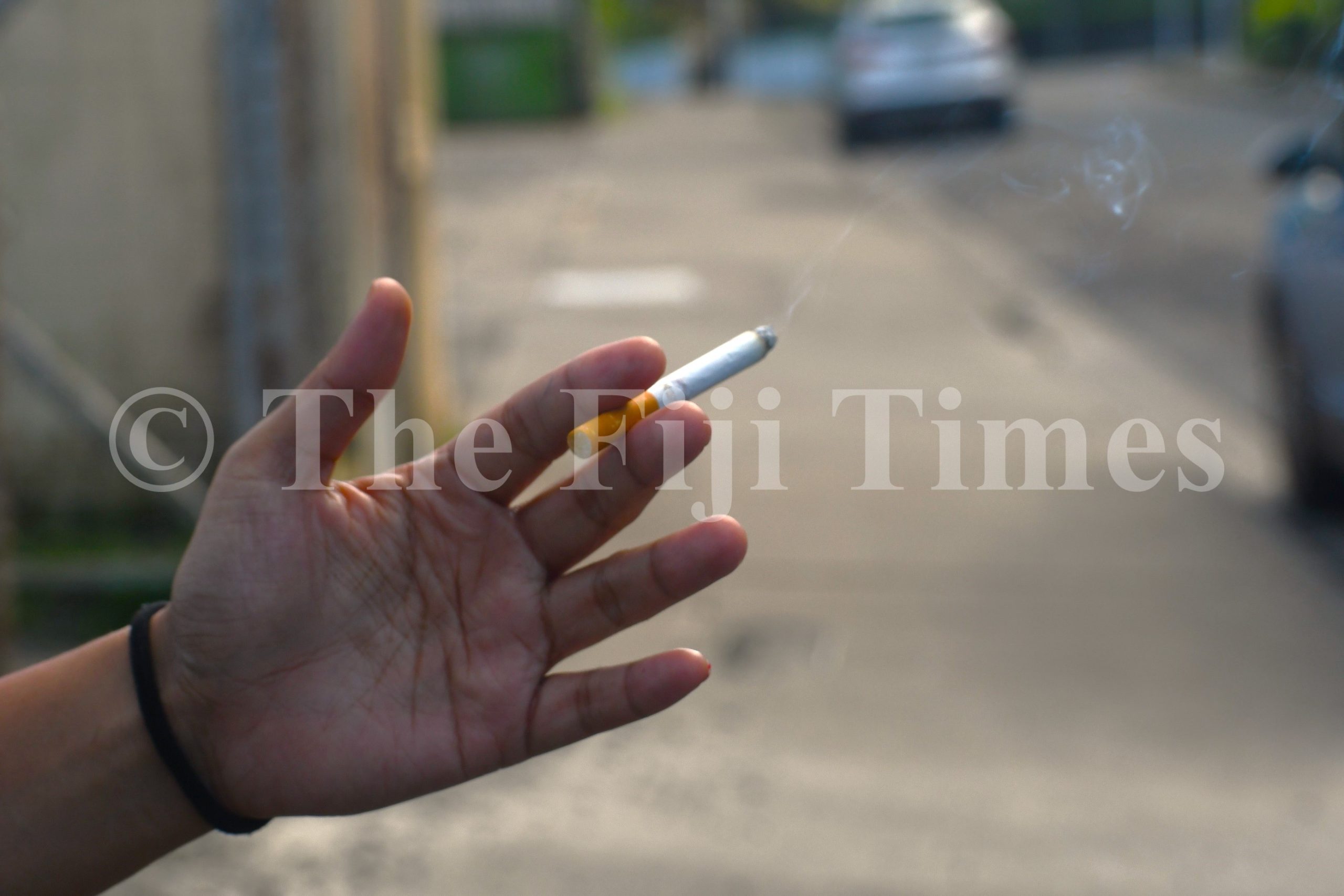Tobacco addiction is a global epidemic that has taken root in communities right across the country.
Research found smoke from tobacco contains 7000 chemicals, of which at least 250 are known to be harmful, including hydrogen cyanide, carbon monoxide and ammonia.
With that knowledge, the World Health Organization stated tobacco is a killer among users who don’t quit and is the greatest public health threat faced worldwide.
With more than eight million lives lost each year, seven million of those deaths are directly linked to tobacco use, while an additional 1.3 million are attributed to second-hand smoke exposure.
Behind these numbers lie real people — mothers, fathers, siblings and friends.
Smokers and second-hand smokers are liable to have heart disease, respiratory disease, and cancer, and brief exposure to newborns, either in utero or after birth, is subject to the risk of premature birth, low birth weight, or sudden infant death syndrome.
According to earlier reports from the Ministry of Health and Medical Services, around 12,000 Fijians succumb to tobacco-related diseases, which account for nearly 17 per cent of all deaths in the country.
This calls for an immediate and effective solution to address the growing number of smokers and the alarming rate of deaths.
However, the impact extends beyond the loss of life.
The Ministry of Health and Medical Services stated the economic toll of tobacco use is staggering, costing the Fijian economy $319m annually which is equivalent to 2.7 per cent of the GDP.
The ministry stated investing in tobacco control measures would save 5400 lives, $900m in health costs and economic losses in the next 11 years.
It added the introduction of a specific excise tax on cigarettes is estimated to yield an additional $53m in 2025, adding that it would raise government revenue and be a great investment in health.
In its fight against the growing crisis, Fiji has been a party to the WHO Framework Convention on Tobacco Control since 2005, and has significantly passed tobacco legislation establishing smoke-free indoors, prohibiting tobacco advertising, promotion and sponsorship, and requiring health warnings on cigarette packaging and labelling.
As the ministry is committed to the cause, reports simultaneously surfaced of students engaging in smoking activities within the school vicinity and outside of it.
Suva Retailers Association president Jitesh Patel had also raised his concern with this newspaper about students buying loose cigarette rolls.
This was made known after a picture of high school students smoking was posted on Facebook.
“I’m a school manager myself, and it gives me nightmares seeing students in uniform smoking,” Mr Patel said.
“The suppliers should stop selling rolls because it’s already an illegal act. We need to see the bigger picture.
“If we can stop the supply, the sellers won’t sell, and that’s what we are aiming for.”
A common yearly trend is the loitering of students around small canteens near the bus stand.
Complaints were also received from vendors that students were buying rolls and smoking it in the washroom.
Sources said those small canteens do not care who they sell rolls to.
According to the MOHMS, 90 per cent of smokers start smoking before they are 18 years old, and almost no one starts after the age of 25. They are more likely to use tobacco if they have access to it, especially if it is low-cost and free.
Other reasoning would be the influence of peers or family members who are smokers and the influence of movies they watch. Others are due to their lack of engagement in the learning environment or religious activities.
This calls for a multi-sectoral approach to help restrict access to low cost or free tobacco products and ban sales of single rolls, as per Fiji’s Tobacco Control Decree.
Smoking should be banned in public places, such as workplaces, school compounds and community halls, and during gatherings in the presence of children.
It is also recommended the community establishes a tobacco-free support group.
However, the greatest emphasis is that everything starts at home, at the grass-roots level, instilling life lessons in our children from a very young age.


